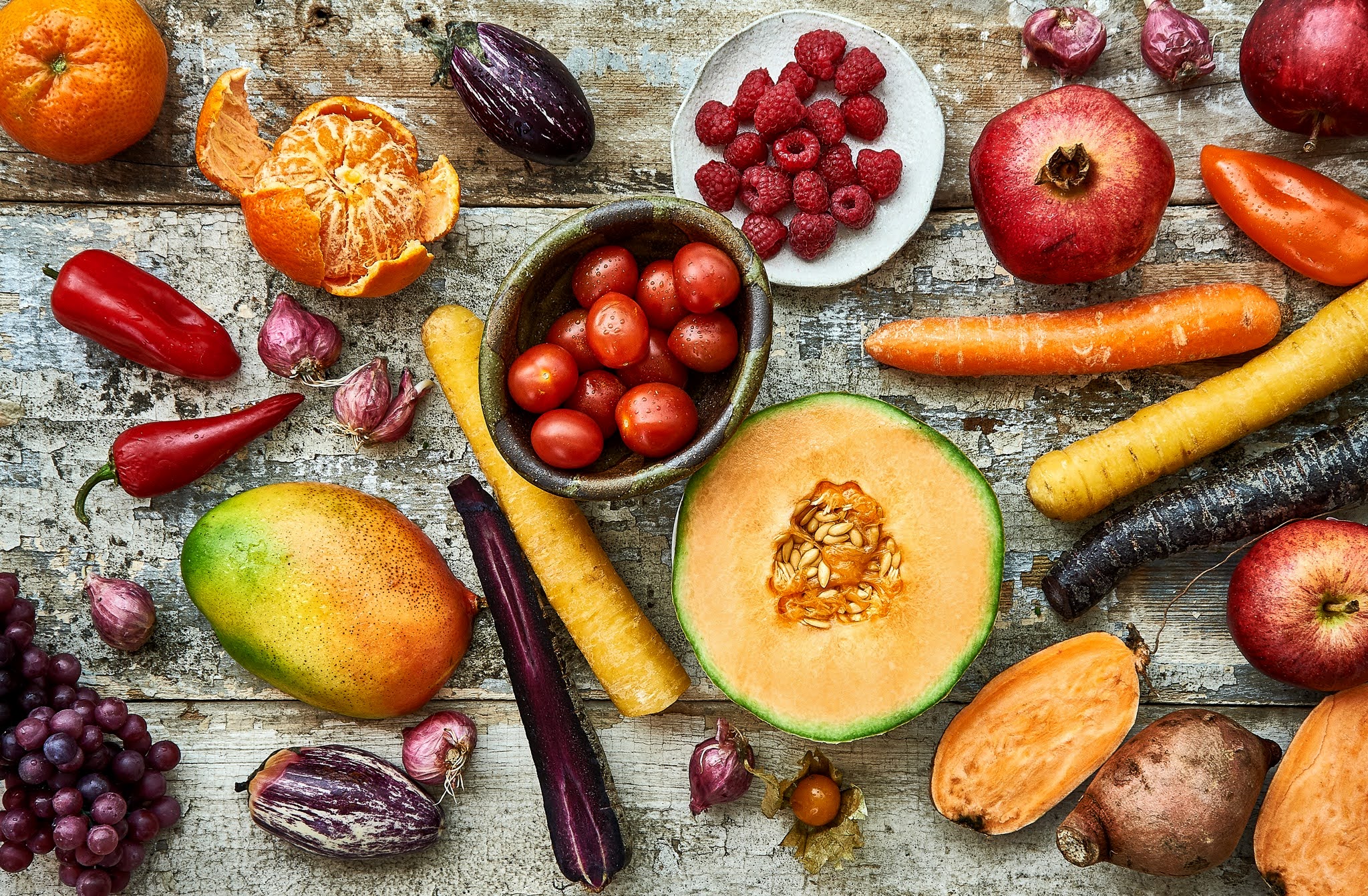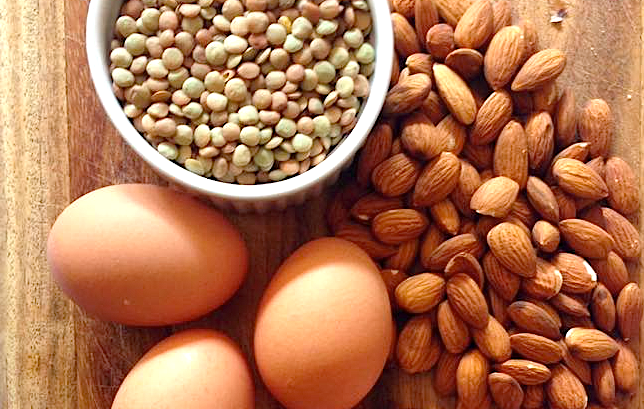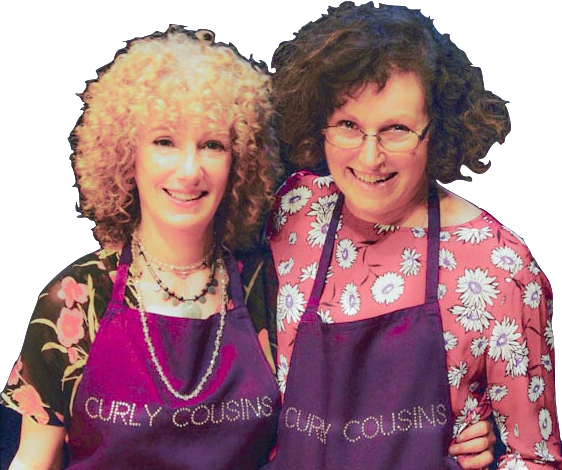This month is known as Organic September as a reminder to people to consider having more organic foods in their diet. These foods are produced without the use of artificial pesticides, preservatives, hormones etc. For plants to have an organic label in the UK, the soil must not have been treated with these kinds of products over the preceding three years.
How important is it to have organic foods? In our view they may help you to optimise your health. However, they can be more expensive or difficult to get hold of. Perhaps it is more of a priority to have as much fresh and locally grown fruit and veg as possible, cook at home and try to minimise processed foods.
For some products it is more important to seek out organic versions than for others. Take cooking oils! Refined oils, (most of those on the supermarket shelves,) may contain small traces of hydrocarbons or they have been heated and damaged in preparation. This could lead to the production of transfats, which increase the risk of heart disease and cancer. In contrast, by choosing extra virgin olive oil or cold-pressed rapeseed oil or other organic oils you reduce your chance of later developing Alzheimer’s disease.
The USA has a higher usage of pesticides than in the UK. Their ‘Environmental Working Group’ has produced a list, known as ‘The Dirty Dozen’* These are mostly fruits and vegetables, such as plums, apples, berries and spinach which have thin skins and are more likely to be contaminated with pesticides. In the UK, also, such foods present more of a risk and where possible you might either choose organic versions or at least peel them or soak them e.g. in cold water with 1-2 tsp of bicarbonate of soda.
How might frequently consuming traces of pesticides and preservatives in our food affect our health? It is possible that they may contribute to chronic diseases including autoimmune disease such as rheumatoid arthritis or cancer. They may also increase the risk of neurological diseases, including dementia. It is hard to fully assess the impact. Many studies are made by the companies who produce these chemicals but they are likely to be biased.
Organic foods themselves may not be perfect, although probably better. So-called natural pesticides might also have impacts on our health. (The safest is when you grow your own vegetables, then you have complete control, but this is not very realistic for most of us.)
What about food packaging? Chemicals called phthalates and BPA may be present in the lining of food cans and also in plastic packaging and plastic bottles. These might very slowly leak into your food and drink and can affect your hormones, increasing the risk of weight gain or diabetes. You shouldn’t ideally get too obsessive by worrying about packaging but recent developments such as the use of glass bottles for baby milk and stainless steel water bottles can help to reduce the risks.
Having more organic food is a lifestyle choice. If your budget is limited, it may be more important to ensure that you are achieving your 5 or more fruit and veg portions daily and peel or soak these whenever possible.
Photo credits: ‘All Organic’ Fruit and Veg by Artem Beliaikin, Oatley Milk by Naotoj and Allotment Garden by Katomi.








